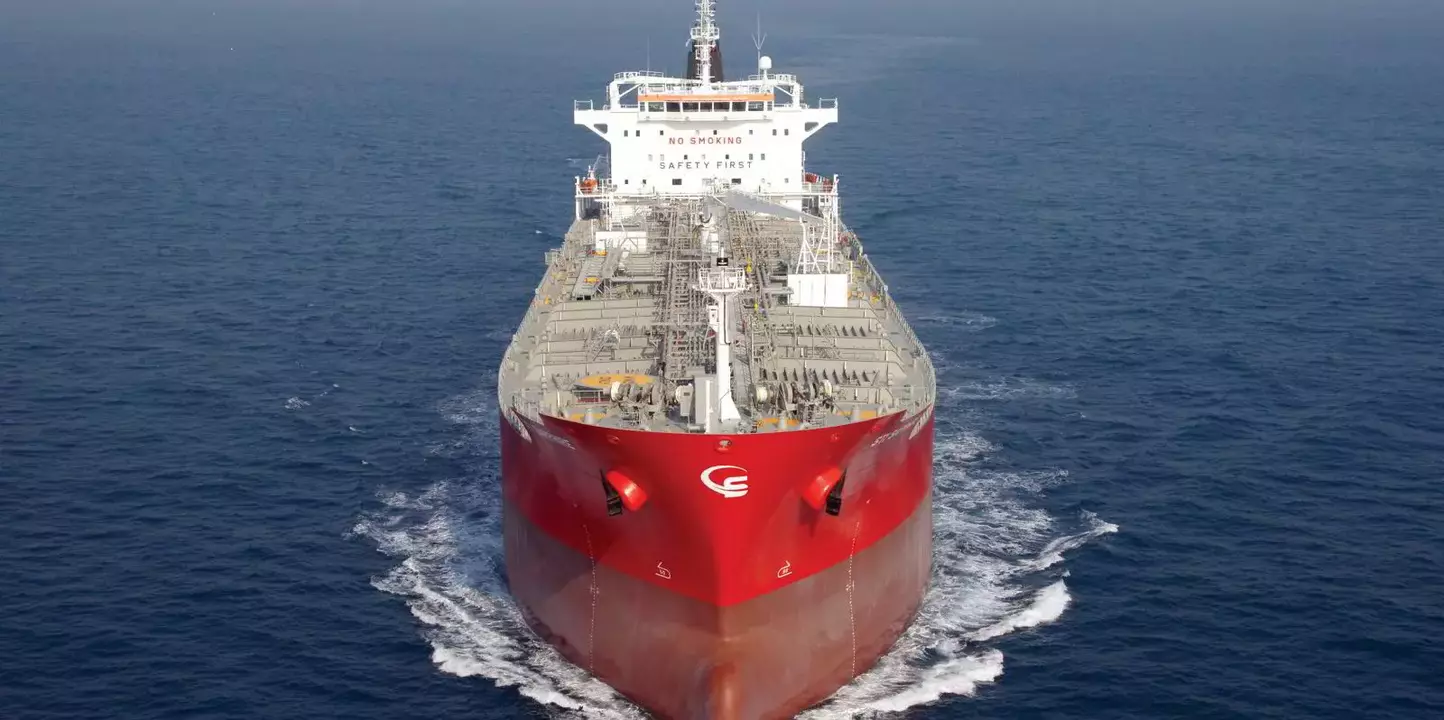US Sanctions on Russia: Navigating the Shifts in the Tanker Market
The maritime industry is currently grappling with significant shifts due to the US sanctions on Russia’s petroleum trade. These sanctions have sent ripples through the tanker market, altering freight rates, supply chains, and global oil distribution systems. This article delves into the market’s response to these changes and explores the broader implications for the maritime industry.
The Impetus Behind Sanctions and Their Impact on Tanker Rates
The US, along with its allies, imposed sanctions on Russia to apply economic pressure and diplomatic leverage. These sanctions targeted various sectors, with a notable focus on the oil and gas industry, leading to profound consequences in maritime trade. One of the most immediate impacts was a surge in oil tanker rates. Large tankers (VLCCs) saw a significant jump in rates as shipping companies sought to maintain their operations amidst the trade embargo.
Challenges and Adaptations in the Maritime Industry
Supply Constraints: The sanctions have reduced the available fleet for crude oil transportation from sanctioned regions, leading to increased demand for shipping spaces and heightened market fluctuations.
Alternative Sourcing: Shipping companies are exploring new suppliers and innovative channel management strategies to bypass sanction barriers and ensure continuous crude oil transportation.
Regulatory Compliance: To navigate the complex web of international trade laws and avoid penalties, the industry has adopted more stringent compliance measures, ensuring trade continuity without violating sanctions.
Global Impact: Energy Pricing, Market Dynamics, and Strategic Alliances
- Energy Pricing: The sanctions have introduced unpredictability in global oil pricing, causing commodity market fluctuations and potential inflationary pressures.
- Market Dynamics: The demand for tanker services has shifted, with analysts expecting significant evolutions in shipping patterns as companies adjust to new geopolitical landscapes.
- Strategic Alliances: New alliances among countries and shipping companies are emerging to stabilize supply chains and reduce dependency on sanctioned regions, fostering resilience and adaptability in global maritime supply lines.
Conclusion: Resilience and Adaptability in the Tanker Market
The US sanctions on Russia’s petroleum trade have set off a chain reaction in the global tanker market. The industry’s response, including heightened rates, altered sourcing strategies, and stringent compliance measures, underscores the interconnected nature of international trade and maritime affairs. As the situation unfolds, stakeholders await further developments and the stabilization of trade patterns, emphasizing the importance of proactive risk management strategies.
Call-To-Action: Engage, Adapt, and Stay Informed
To navigate these challenging times effectively, stakeholders in the maritime industry are encouraged to stay updated on geopolitical trends and engage proactively with the community. Consider subscribing for more detailed analyses, participating in webinars or forums, and advocating for sustainable solutions. Your actions are crucial in shaping the resilience of our global oil transportation systems. Share your insights, actions, and creative solutions to help the industry persist and thrive in this dynamically-changing environment.


Leave a Reply